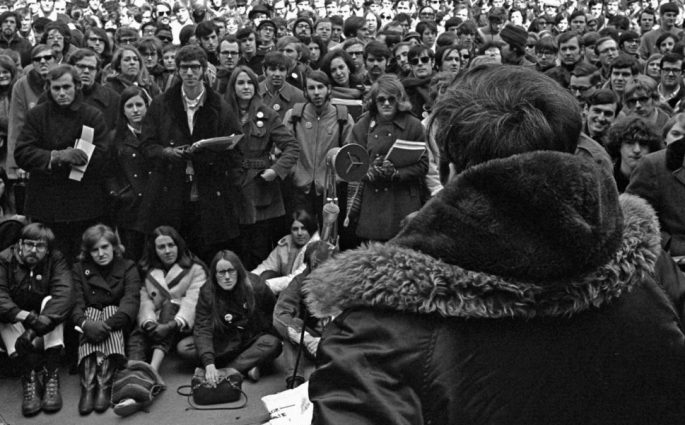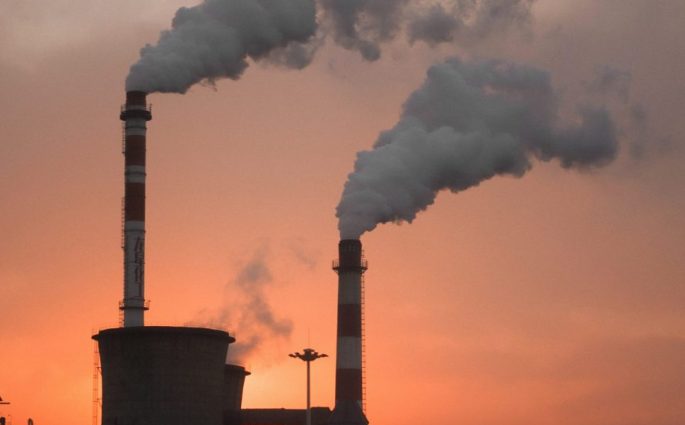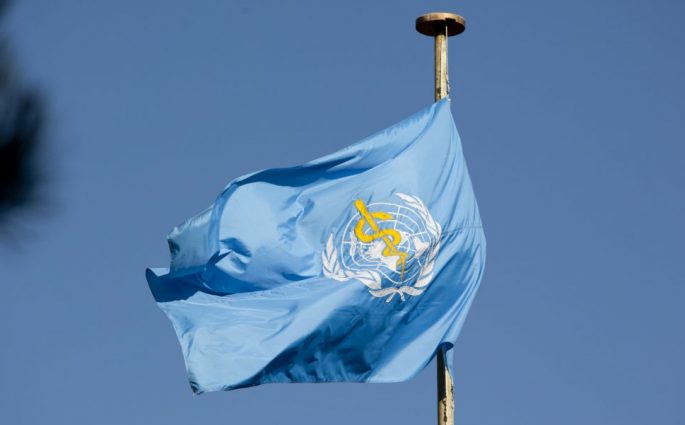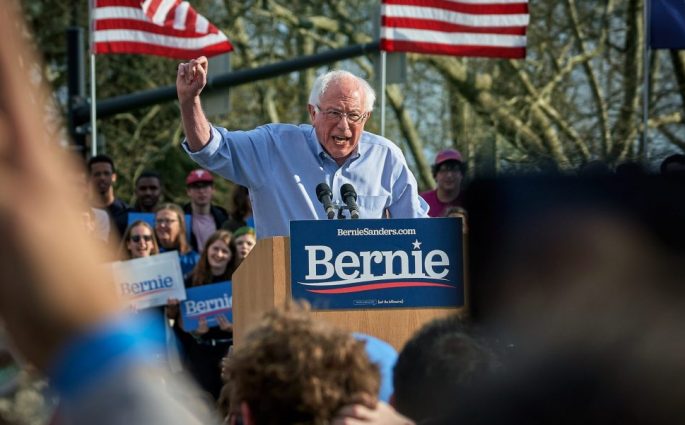Social Control, Political Power, and Epidemics
Manuel Barcia— I should probably begin this blog with a confession. A couple of days ago, when I started writing it, I had a very appropriate and colourful anecdote taken from a nineteenth-century document to begin my text. However, something rather unexpected happened between the moment those lines were written










